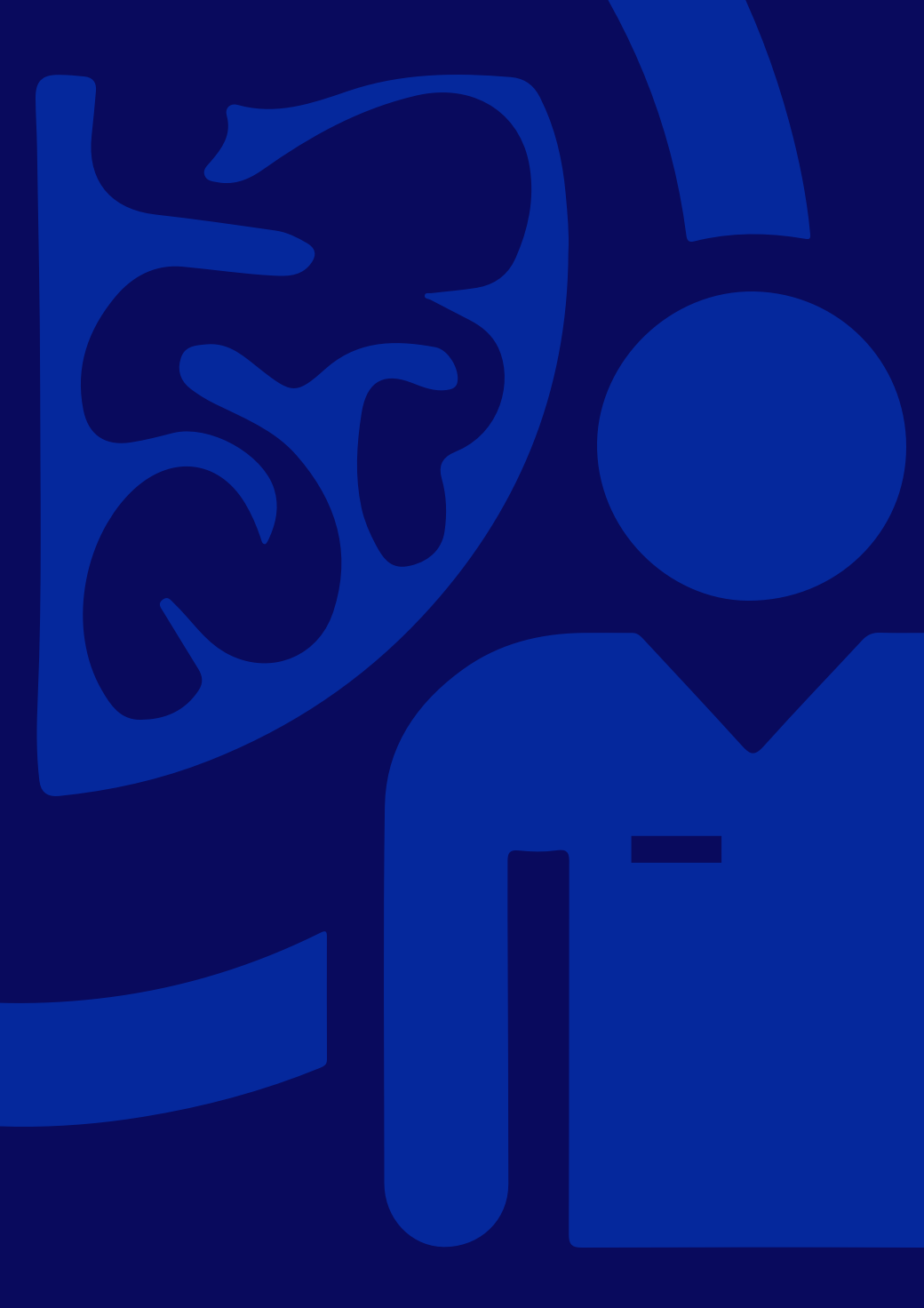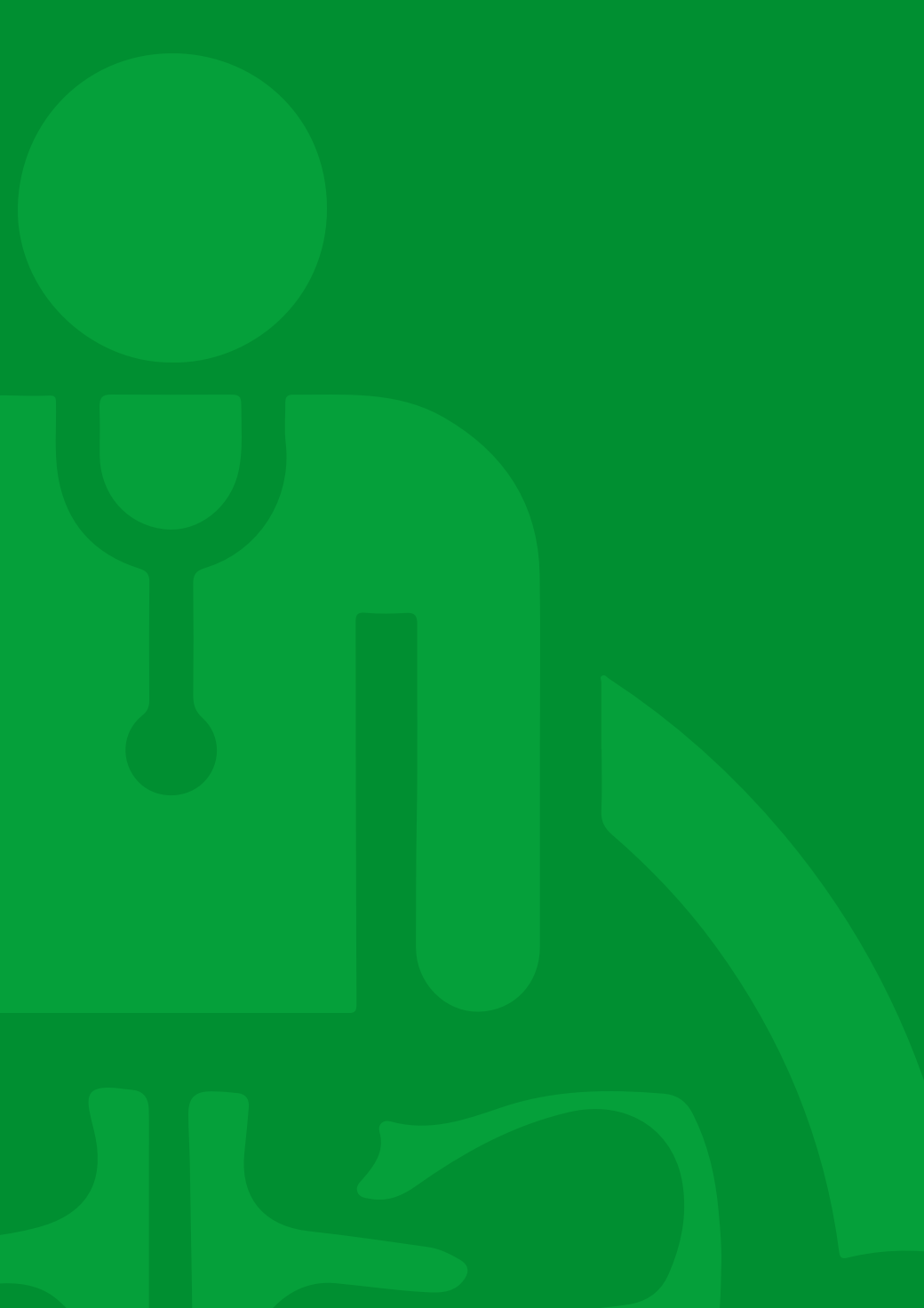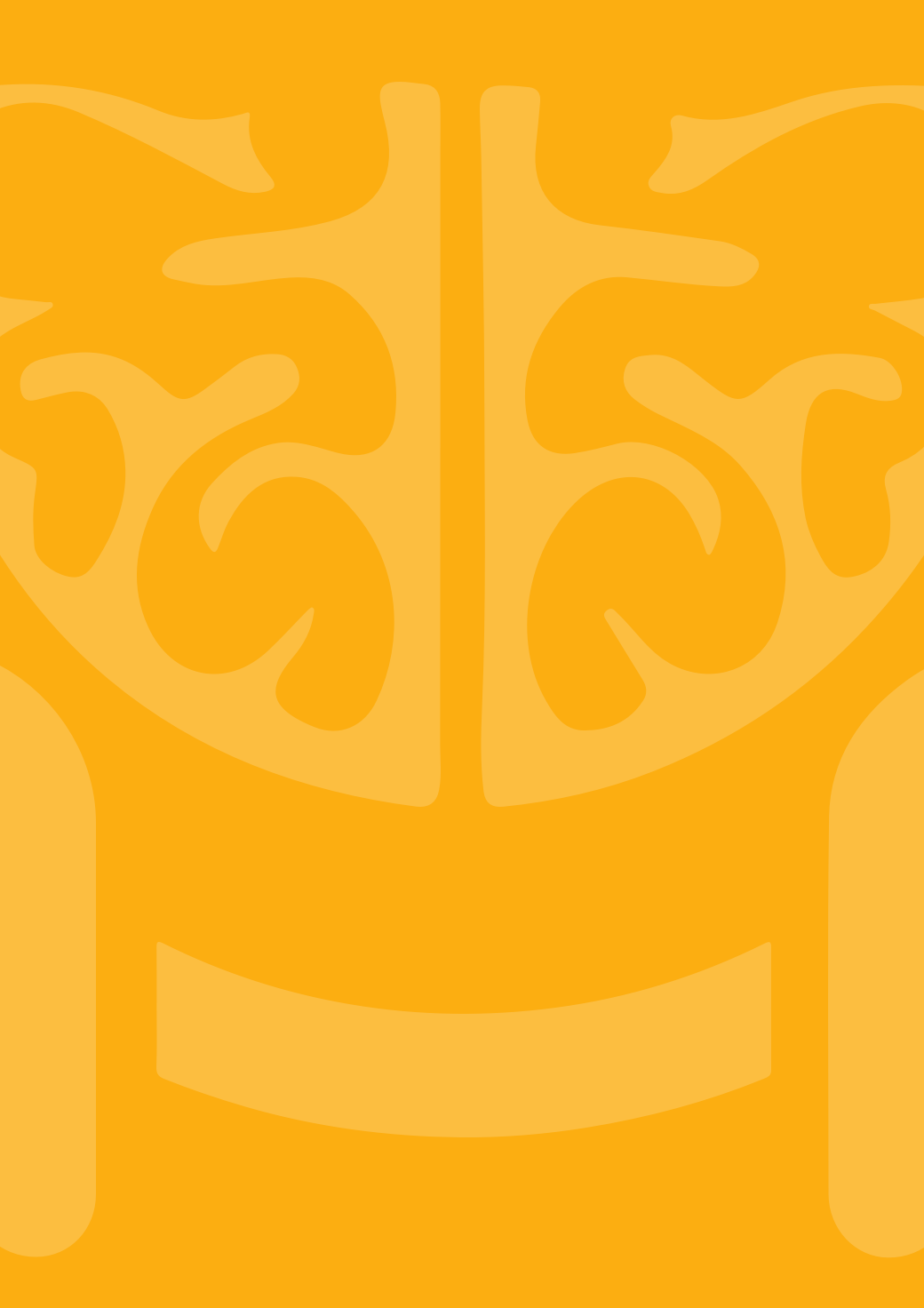Description
Recent studies about the psychosocial consequences of nonpharmacological measures associated with the COVID-19 pandemic show negative impacts on the mental health of the population in general. Relatively high rates of symptoms of anxiety, depression and also trauma symptoms alongside decreased wellbeing are reported (Xiong et al., 2020). Health care workers are especially affected due to higher exposition, loss of a feeling of safety and experience of moral distress (Pappa et al., 2020; Kreh et al., 2020). Exhaustion and frustration increase over the course of the pandemic, as recovery phases are rare.
Helpers are facing unique challenges, working under extraordinary circumstances and extreme pressure, while worried about contracting the disease or transmitting it to their families. This has revealed the importance of Mental Health and Psychosocial Support (MHPSS) for all helpers in an epidemic or pandemic. While some peer support is in place in partner countries, this is often not the case for hospital staff or ad-hoc established crisis teams. In Armenia and Georgia many MHPSS structures are just being developed with support of the National Red Cross Societies and Universities.
This report gives an overview of the research on helpers ́ needs in pandemics as well as international guidelines and best practices on MHPSS for helpers in pandemics. It furthermore contains data analysis of a mixed methods study conducted in the partner countries Georgia and Armenia on the status quo of helpers in the Red Cross, nursing homes, hospitals and hotline operators.


